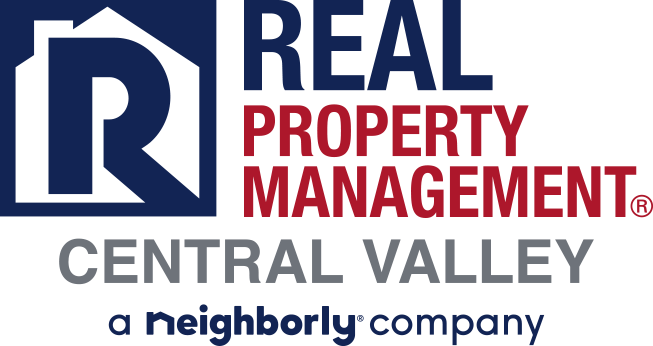Tips For Writing A Great Rent Increase Letter

Have you been thinking about increasing the rent at one of your rental properties but you’re not sure about how to get this done?
The key to success with increasing the rent at your rental property is writing a professional rent increase letter.
If you’ve never written a rent increase letter before, this article will provide you with tips that will help you write a letter which will professionally inform your tenants that you’re going to increase the rent.
Rent Increase Guidelines
Each state has different laws you must abide by when it comes to increasing rent. If you offer rent controlled housing, your options to increase rent are much more restricted.
Here are some things to look for in your state/city laws when it comes to raising rent:
- Rules for rent-controlled housing
- How frequently you can increase rent
- If the lease allows rent increases during the term of the lease
- If there is a maximum limit for rent increases
- How many days notice you must provide
Realtor.com put together a list of landlord rent increase do’s and don’ts. Generally, landlords can only raise rent when the lease expires, unless the lease specifies you may raise rent in the middle of the term. Landlords also must give a written notice of a rent increase, typically 30 days minimum. Unless the unit is rent-stabilized, in many states you can increase rent by however much you’d like—there isn’t a limit, but you’d risk alienating your renters. However, more states are actively discussing rent increase limits to protect residents. It should go without saying, but you also cannot retaliate against a difficult tenant by increasing rent.
Writing and Sending a Friendly Rent Increase Letter
Communication is key—a rent increase notice serves the dual purpose of informing the tenant of the rent increase and officially documenting it. When writing a rent increase letter, you want to keep it professional and to the point, but make sure it’s also kind and polite. You can find templates online, like this sample rent increase letter. However you proceed, remember that money is a sensitive topic and so communicating with warmth and empathy helps remind your tenants that you value them as people. This will also hopefully give them a reason to stay—great landlords are important to residents too!
When writing the greeting, use tenant’s name, rather than “dear tenant.” We also suggest putting the subject of the notice as “Change in Rent Notice” instead of “Rent Increase Notice,” because it doesn’t immediately put the resident on the defensive. Throughout the letter, make it clear they can contact you with questions and also thank them for being your tenant. When signing off, use a personable closing such as “sincerely,” “thank you,” or “all the best.”
Though we recommend keeping the letter concise, consider providing a brief explanation as to why you’re increasing the rent. It could be because of rising costs of conveniences your tenants enjoy, new city fees you have no control over, improvements, etc. Adding this level of transparency shows where you’re coming from and will help the resident understand. These warmer touches help make the letter seem like less of a demand and more like an agreement.
Your rent increase letter should include the following important information:
- Tenant’s name
- Property address
- Landlord name and contact information
- Date the letter is written
- Date the rent increase will take effect
- Amount of rent increase
- Current cost of rent
You can also treat the letter like a contract and include a form at the bottom for the tenant to complete and return. The options would say the following:
- I agree to the new monthly rent, effective X date. (If selected, you can then send the lease renewal letter.)
- I do not agree to the new monthly rent, and will vacate by X date according to the lease agreement.
When sending the rent increase notice, you can either hand deliver it or mail it via certified class mail with a return receipt. You want to ensure the tenant acknowledges the letter so there’s no confusion later on. You can then follow up via email. If you choose to mail it, allow time for the letter to travel before starting the number of days of notice.
Make it Easy
Rent increases, communication, and tenant turnover can be complex and tricky situations. Consider bringing on a property manager to handle all this work for you. Property managers are well versed in keeping up-to-date on market prices, writing rent increase letters and lease renewals, working (and negotiating) with residents, and handling turnover. If you’re ready to start looking, get free quotes from property managers in your area, and as always, we’re here to help with your search.
Contact RPM Central Valley
Tired of managing your rental property yourself? If so, it’s time to hire a property manager. Contact RPM Central Valley today by calling us at (209) 572-2222 or connect with us online by clicking here.
